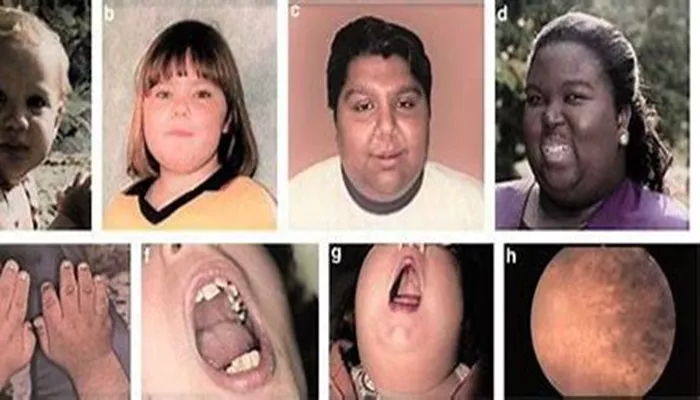People with Bardet-Biedl Syndrome (BBS), a rare genetic disorder, may soon have new hope thanks to groundbreaking research from the Monell Chemical Senses Center. The study reveals important discoveries about how BBS affects the senses of smell and taste, which could lead to better ways to manage the condition.
BBS causes a range of serious health problems, including vision loss, obesity, kidney issues, and difficulty with smell. Many patients find that food loses its flavor, making healthy eating a challenge. This often leads to weight gain and poor nutrition, further complicating their health.
Scientists at Monell found that BBS damages the nerve cells responsible for detecting smells. When these cells don’t work properly, food becomes less enjoyable, which may contribute to overeating or unhealthy food choices. Understanding this link could help doctors develop targeted treatments to improve patients’ quality of life.
One of the study’s lead researchers explained that restoring or protecting smell function might help control appetite and weight in BBS patients. While more research is needed, this discovery opens the door to potential therapies, such as specialized diets, smell training, or even gene-based treatments in the future.
In the meantime, experts recommend that BBS patients work closely with healthcare providers to maintain a balanced diet, even if their sense of smell is impaired. Early support and personalized nutrition plans can help prevent obesity-related complications.
This study marks a significant step forward in understanding BBS and offers renewed optimism for affected individuals and their families. With continued research, better treatments may soon be within reach.
Related topics:
- Scientists Discover New Cancer Detection Method: Tracking How Cells Move Could Save Lives
- New Hope for Achondroplasia: Breakthrough Treatments Transforming Lives
- Clean Water and Sanitation Key to Stopping Cholera Outbreaks, Study Finds

